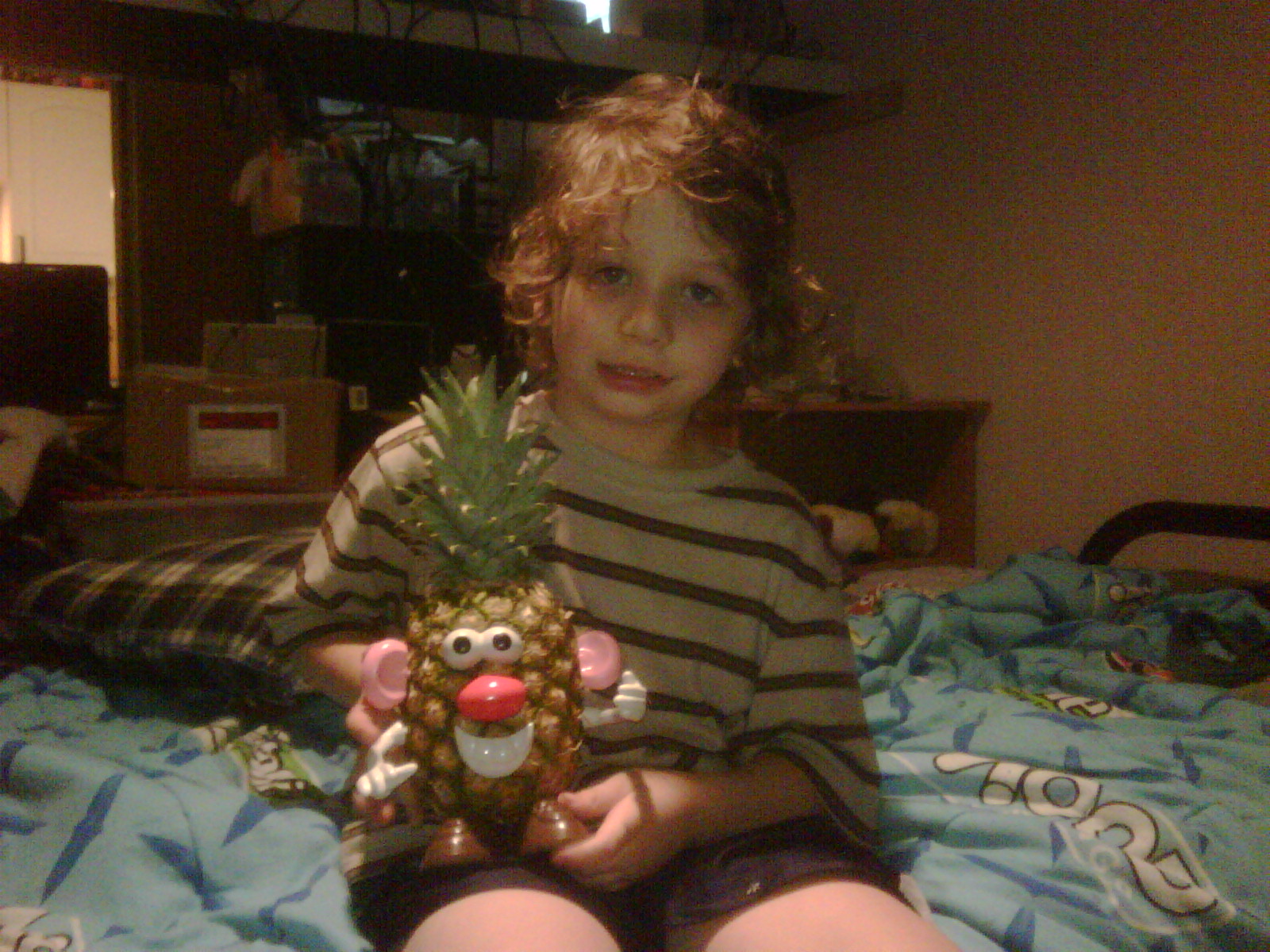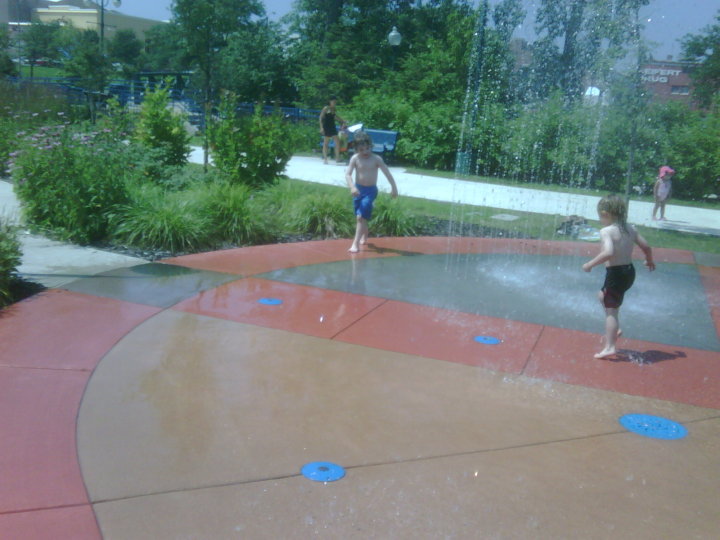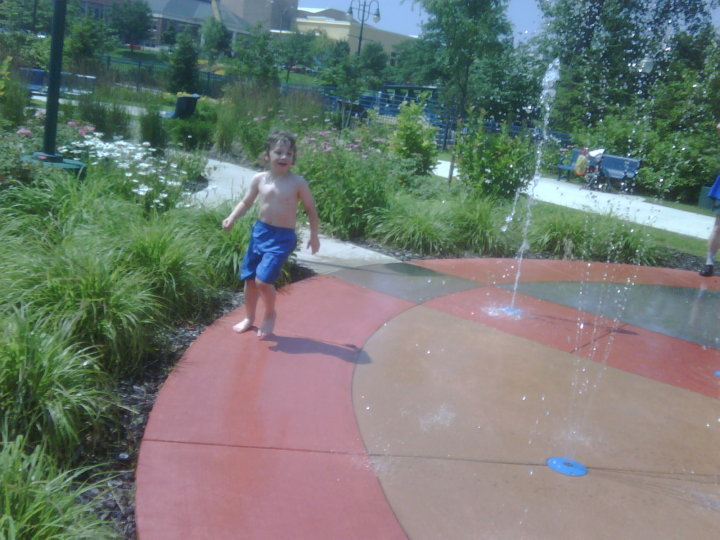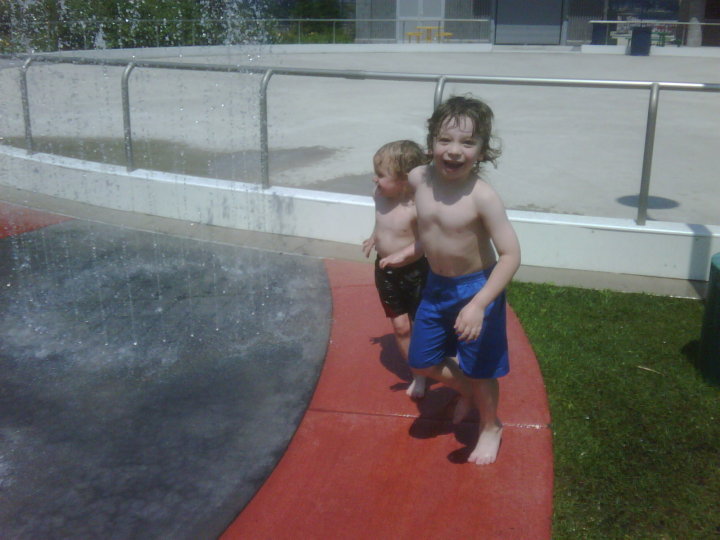To everything there is, apparently, a season. There is a time for the sweltering heat of summer to give way to cooler temperatures and later sunrises. There is a time for the light traffic associated with school vacations to be replaced by the usual mind-numbing gridlock. There is a time for yellow school buses to reappear, for kids to start new grades and new schools, for parents to high-five each other over the fact that their household has survived an entire summer at the hands of little hooligans.
For families living with autism, there is a time to anxiously ride out the tough times that invariably come with a change in routine.
And for runners approaching their major race of the season, there is a time to kick up the training for the long runs, and there is a time to taper and rest.
There have been a lot of changes happening in my family, many of them typical back-to-school kind of stuff. For James, our youngest, the changes have been minimal. He has just started Senior Kindergarten, although I must admit that I have a hard time thinking about a four-year-old as a senior anything. He is in the same classroom at the same school as last year, he has the same teacher and many of the same classmates. I can only hope that this year will involve less upheaval and trauma then last year, when the much-loved teacher of James’ class suddenly died.
James himself is taking the new school year in his stride. In fact, he was somewhat irritated when the previous school year ended. From the day school let out for the summer, James wanted to go back. For the last two weeks of the school holiday, I had to do a daily countdown thing on the calendar to maintain my sanity and also James’. Now that school has resumed, he’s as happy as a rat with a gold tooth. Will he be like this five years from now? Time will tell.
Change is also afoot for George. Last week he completed his formal one-on-one IBI therapy. On his last day we attended a graduation ceremony held in honour of George and one other little boy who was completing the program with him. The two graduates stood there proudly holding their certificates (laminated, to prevent ripping) and wearing their little graduation caps. I looked at my son thinking of how far he had come during his two years in the IBI program. Gone was the completely non-verbal, isolated, uncertain little boy who started the therapy. In his place was a smiling, happy child, still not exactly talkative but at least talking to some extent. He savoured the attention being lavished on him, and rightly so.
This week George started a new phase in his life. We are fortunate that although his routine has changed substantially, the new routine at least involves the same places that he is used to, and some of the same people. In the mornings, he is going to the same therapy centre where he did the IBI, and he is attending a “school stream” program (a simulated classroom environment where there is a teacher as well as a one-on-one support person for each of the five kids). In the afternoons he is bussed to school, where he is in a special ed class. Over the next two years he will be gradually mainstreamed, the general idea being that by the time he is in fourth grade, he will be fully mainstreamed in a regular class, but with special support.
So far, the change in routine has not caused that much disruption. George seems to be enjoying school stream and school. He likes the school bus, and as mentioned, both school and the therapy centre are places that he already knows. So we may get lucky with this one – we may escape the usual transition angst that hits our household at this time of year.
And me? Well, my run for autism is a mere seventeen days away. My training is peaking round about now, with intense speed workouts and long runs. My final long run before the race will be this weekend, when I will be hitting the road for 20km. After that I am in taper mode. I will run less, pre-race jitters will set in, and I will be driving everyone crazy by the time race day arrives.
Oh, and George finally lost his first tooth. He has already announced that he wants to buy another pineapple with the money left for him by the tooth fairy.













